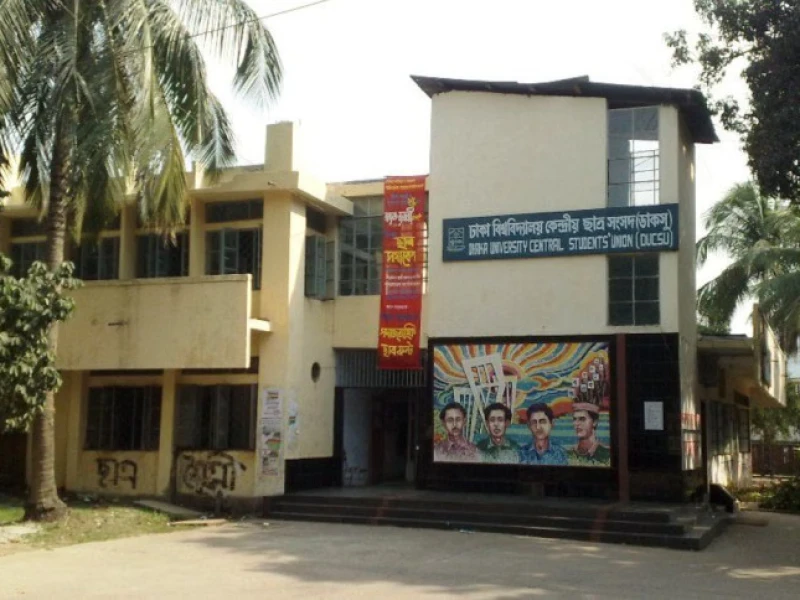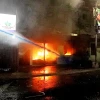Students’ unions in Bangladesh universities, particularly the public ones, are very important student bodies, as they work for protecting the interests of the student community. Their roles are also considered crucial in improving the standards of education and student-teacher relations.
Unfortunately, these students’ organisations cannot play their due role due to the worsening political culture in Bangladesh. Students in Bangladesh have always played a very encouraging role whenever the country had been at the crossroads, or plunged into political crises.
During the July-August mass uprising, it was the students again who took to the streets, forging an unprecedented movement against the Sheikh Hasina regime that ultimately toppled her government on August 5, 2024.
An extraordinary national unity was seen across the board, raising hopes among people that the much-sought democracy would finally usher in. But the people’s desires have been crushed amid growing political bickering and mudslinging.
As the students were at the forefront of the July-August movement leading to the birth of a new party, Bangladesh National Citizen Party (NCP), the demand for elections to the university students’ unions has gained ground quickly.
Now the elections to the Dhaka University Students’ Union (DUCSU) are scheduled for September 9 next, while that for Jahangirnagar University Students’ Union (JUCSU) on September 11 and Chittagong University Students’ Union (CUCSU) on October 23.
Currently, a vital question making the rounds across the country is whether the elections to the university students’ unions will cast any impact on the national election expected to be held in early February next.
Political analysts think the students’ union polls will obviously have a great impact on the upcoming national election in many ways.
Among the students’ unions, Dhaka University Students’ Union (DUCSU) enjoys greater influence in national politics followed by the Chittagong University Students’ Union (CUCSU) and Jahangirnagar University Students’ Union (JUCSU) and others.
Jatiyatabadi Chhatra Dal (JCD), the student wing of Bangladesh Nationalist Party (BNP), and Islami Chhatra Shibir, the student wing of Bangladesh Jamaat-e-Islami, now look to be the main contenders in the elections.
If JCD turns out the winner in the polls, BNP will have an edge in the national election, as the party is now criticised for widespread extortion across the country by its activists and followers. If the party’s student wing can win all the students’ union elections it will give the party a strong footing ahead of the national election. If they lose these crucial polls, the BNP will miss an early opportunity to reach its much-awaited goal of returning to power after nearly two decades.
The JCD, therefore, deserves proper guidance from the BNP so that they can emerge winners in the high-voltage elections going to be held within weeks.
The advantage of Bangladesh Jamaat-e-Islami and its student wing Islami Chhatra Shibir is that they are well-organised since they do cadre-based politics. They are also tech-savvy and thus active on social media.
No election in Bangladesh should be taken for granted as all are living in a digital era where everything is equally advantageous and also dangerous. There should be no complacency.


 Prev Post :
Prev Post :
